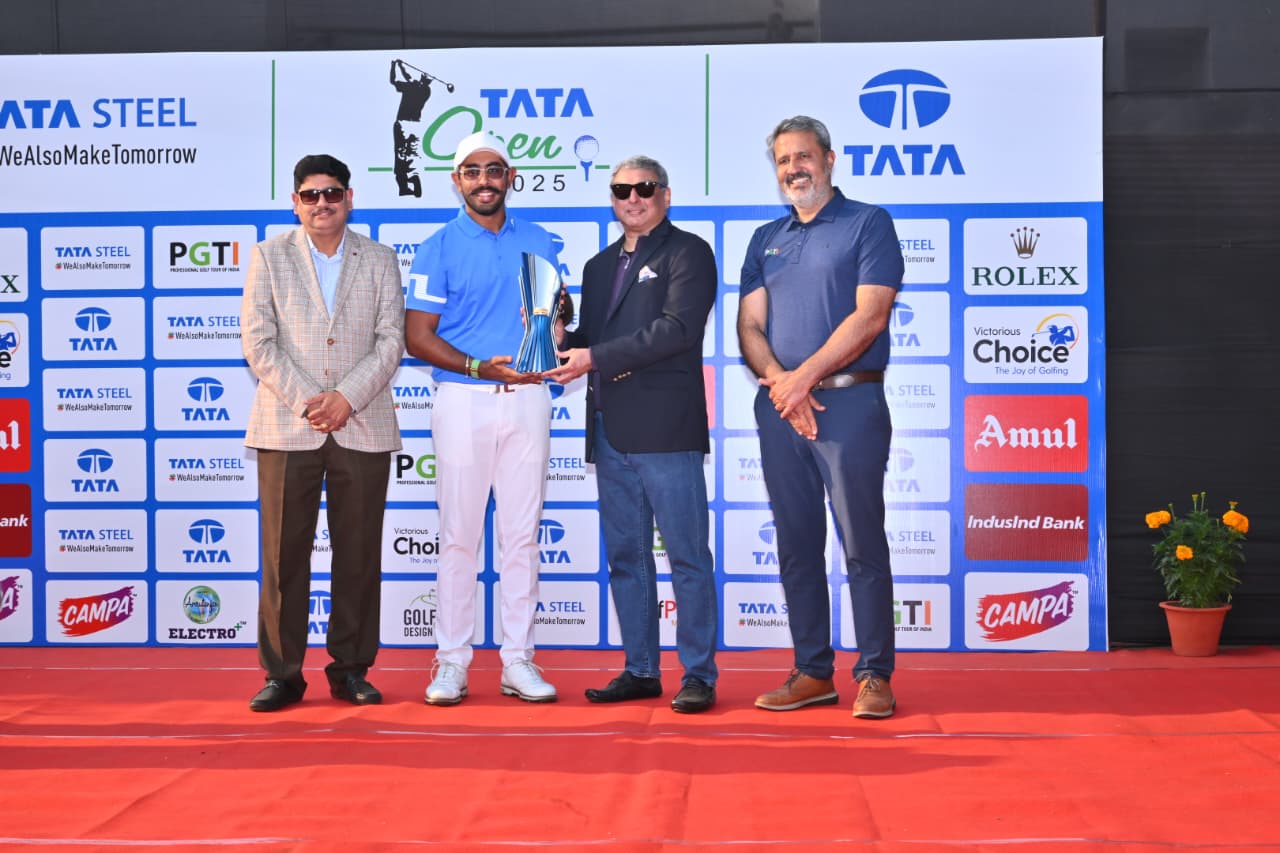
The Golf Course Superintendents and Managers Association of India (GCSMAI) hosted Scotland based GEO Sustainability Foundation’s Sam Thomas, Director of Sustainability, at a seminar earlier this week in Delhi.
Over 50 members of GCSMAI and other invited guests, from various walks of the golf industry assembled to listen to the seminar delivered by Sam Thomas.
The GEO Foundation for Sustainable Golf, established 16 years ago, is the only global organization dedicated to promoting credible sustainability in golf. Through its GEO Certified® program, the foundation sets the standard for environmental and social responsibility in the sport. The R&A actively supports these efforts, encouraging golf courses and organizations to pursue GEO certification and adopt sustainable practices, furthering the sport’s commitment to a greener future.
Amid growing environmental concerns in the global and Indian golf industry, a recent seminar sought to educate key stakeholders on strategies to reduce and prevent the negative impact golf courses can have on the environment. Hosted by the Golf Course Superintendents and Managers Association of India (GCSMAI) in partnership with Samant Sikka of Game of Life Sports, the event took place at Qutab Golf Course. The seminar provided valuable insights into sustainable practices that could help mitigate environmental harm while promoting responsible course management.
Recognising the need to base golf’s future on sustainable development, golf courses worldwide are trying to reduce wasting precious resources, integrate with and help the local communities where they are based and reduce their carbon footprint.
There are a number of resources available online on the R&A and GEO Foundations’ websites and golf course management and owners would do well to implement as much as possible at the earliest opportunity.
Fortunately most Indian golf courses in major metropolitan areas already use only Sewage Treated water, one of the resources which has the potential to become a major social issue for golf. However, there are many other areas for Indian golf courses to improve – such as waste management, use of native grass and elimination of harmful chemicals.
Read the Latest stories below
[ajax_load_more post_type=”post” category=”features,latest-news”]


















